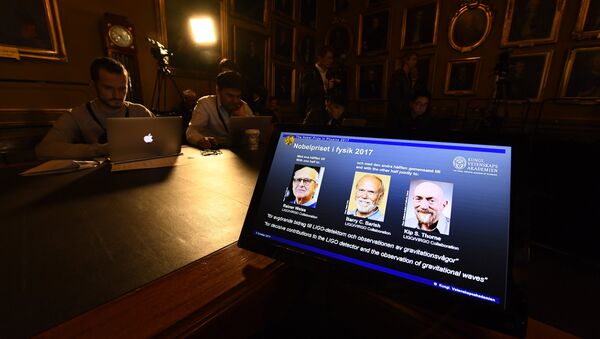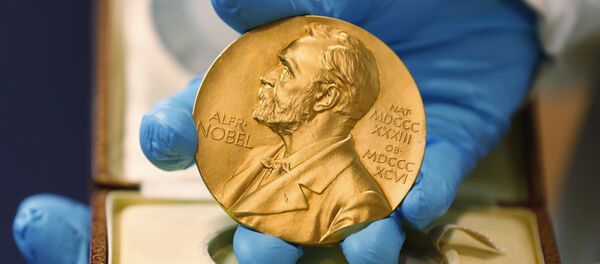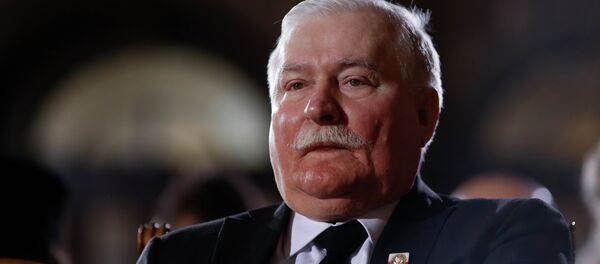Rainer Weiss
Rainer Weiss was born on September 29, 1932 in Berlin, Germany. In 1933, his family moved to Czechoslovakia, and in 1939 to New York.
In 1960-1961 Weiss taught physics in Tufts University in Massachusetts, and was Associate Professor of Physics in the same university in 1961-1962. In 1962-1964, Weiss was a research fellow at Princeton University, after which he returned to MIT.
He became Associate Professor of Physics in MIT in 1967, Professor in 1973, and Professor Emeritus in 2001. He has also been an adjunct professor at Louisiana State University since 2001.
Weiss is known for his groundbreaking measurements of the spectrum of the cosmic microwave background radiation. He also invented the monolithic silicon bolometer (a device for measuring the power of incident electromagnetic radiation through heating) and the laser interferometer gravitational wave detector. Weiss also is a co-founder of the COBE project, specializing on cosmic microwave background radiation.
Weiss is a member of the US National Academy of Sciences, the American Association for the Advancement of Science, American Physical Society, New York Academy of Sciences, and a number of other organizations.
The numerous awards received by Weiss include several NASA awards (1983, 1990, 1991), Einstein Prize by American Physical Society (2007) and Gruber Prize in Cosmology (2006, 2016).
Together with Barish and Thorne, Weiss became a co-founder of the LIGO (Laser Interferometer Gravitational-Wave Observatory) Project, which helped to detect cosmic gravitational waves.
Barry Barish
Barry C. Barish was born on January 27, 1936, in Omaha, Nevada.
In 1963, Barish started to work in California Institute of Technology (Caltech), where he was an Associate Professor in 1966-1969 and a Professor in 1972-1991.
In 1991-2005, Barish was a Ronald and Maxine Linde Professor in Caltech, and became Ronald and Maxine Linde Professor Emeritus in 2005.
In 1994-1997, Barish was the principal investigator of the LIGO, and in 1997, he created the LIGO Scientific Collaboration (LSC), allowing over a thousand of collaborators across the world to take part in the project. In the same year, Barish became the director of LIGO, a position which he held until 2005.
Barish also served as co-chair of the US High Energy Physics Advisory Panel (HEPAP) subpanel developing a long-term plan for the US high energy physics. He is the former director of the Global Design Effort for the International Linear Collider (ILC), which is the top priority project for particle physics.
In 2002, Barish received the Klopsteg Award of the American Association of Physics Teachers. The same year, he was elected to the National Academy of Sciences. He is a member if the American Academy of Arts and Sciences and a fellow of the American Association for the Advancement of Science and the American Physical Society. In 2011, he was elected as president of the American Physical Society.
He is a Doctor Honorius Causa of the University of Bologna (2006), the University of Florida (2007) and the University of Glasgow (2013).
Kip Throne
Kip S. Thorne was born on June 1, 1940, in Utah.
He was a member of the National Science Foundation (NSF) in 1965-1966.
In 1966-1967, Thorne was a research fellow in physics, an Associate Professor in 1967-1970 and a professor in theoretical physics in 1970-1981 in Caltech. He also was lecturer at Les Houches Physics School in France in 1957-1968, and became a lecturer at Enrico Fermi School of Physics in Italy in 1968.
Thorne was visiting professor at Moscow State University several times, as well as visiting Associate Professor at Chicago University. Thorne also worked and taught at the Institute for Theoretical Physics of the California University in Santa Barbara.
Thorne is an elected member of the National Academy of Sciences, and in 2009, he became Feynman Professor of Theoretical Physics, Emeritus, of Caltech.
Being LIGO’s co-founder, Thorne provided theoretical support for the project, including the identification of gravitational wave sources that the observatory should target.
Thorne was a scientific consultant and an executive producer for the movie Interstellar, directed by Christopher Nolan. Nolan’s brother Jonathan created the script of the movie based on the works of Thorne.





